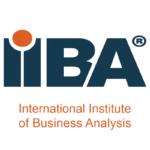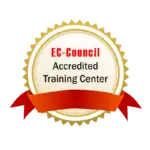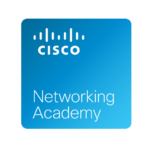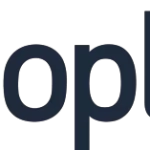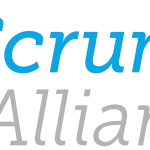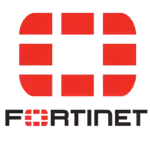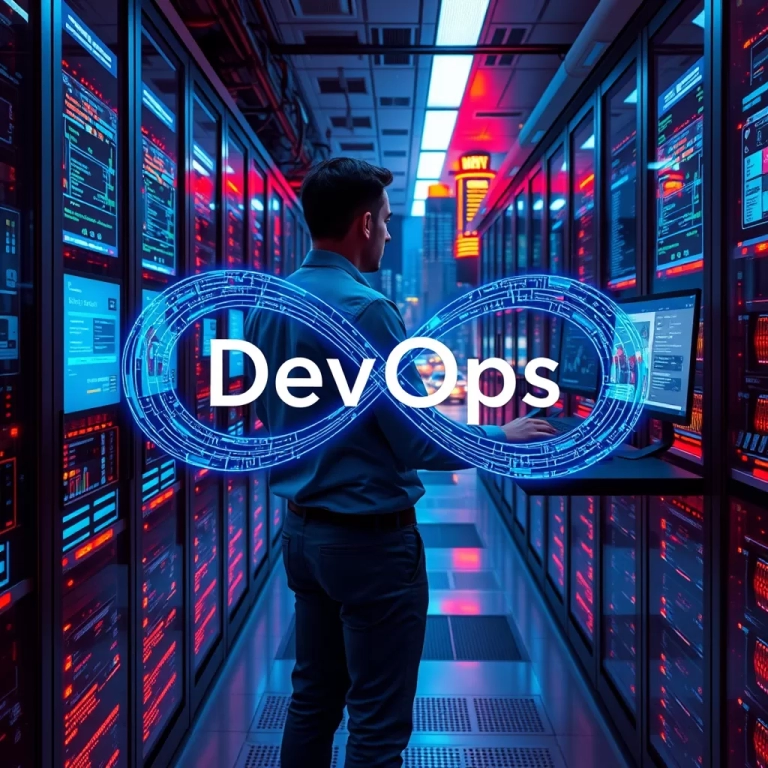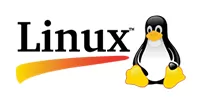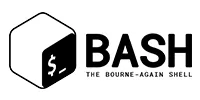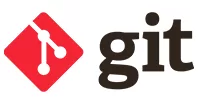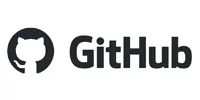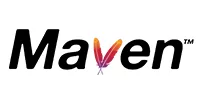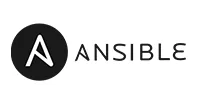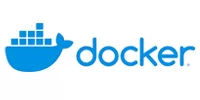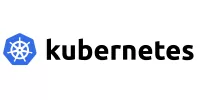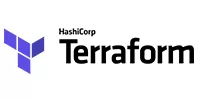- Courses
 Business Management
Business Management IT Networks and ITSM
IT Networks and ITSM Data Management
Data Management Information Security
Information Security Software Development
Software Development Digital Transformation
Digital Transformation Graphic Design
Graphic Design
- Career Paths
- Vendors
DevOps, SRE and Cloud Engineer Career Path
From Developer to DevOps Engineer Master Automation, CI/CD, and Cloud.
In Collaboration With industry experts







Overview
Surveys indicate that over 80% of organizations are either already implementing DevOps practices or planning to adopt them soon.The global DevOps market is projected to grow at a compound annual growth rate (CAGR) of approximately 18–20% over the next several years. This expansion reflects the increasing reliance on agile methodologies and continuous delivery practices in software development.
This DevOps, SRE and Cloud Engineer career path is designed for both developers and IT professionals looking to bridge the gap between traditional software development and modern IT operations. Whether you come from a development background with strong coding skills or an IT background with hands-on system administration experience, this program will equip you with the expertise needed to thrive in today’s fast-paced, cloud-driven environment.
What You’ll Master:
- DevOps Practices: Learn to automate software delivery, implement CI/CD pipelines, and manage infrastructure as code, empowering you to streamline development workflows.
- Site Reliability Engineering (SRE): Develop skills in monitoring, incident management, and performance optimization to build resilient, high-availability systems.
- Cloud Engineering: Gain practical experience in deploying, managing, and securing cloud environments on platforms such as Microsoft Azure, AWS, or Google Cloud, ensuring scalable and agile IT solutions.
- The key DevOps tools every engineer should know:
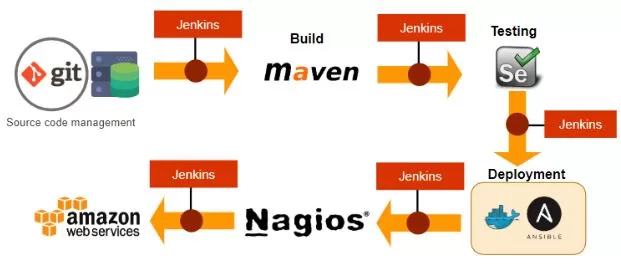
- Career Impact: Graduates will be well-prepared for roles such as DevOps Engineer, SRE Specialist, and Cloud Infrastructure Engineer across a variety of industries. This integrated curriculum is designed to help you leverage your existing technical skills—whether as a developer or an IT professional—to drive innovation, enhance operational efficiency, and lead digital transformation initiatives.
Create a Job-Ready Project Portfolio
With personalized support, hands-on labs, and a curriculum tailored to real-world scenarios, you’ll be ready to take on complex challenges and boost your career prospects.
+140 hours of extensive learning
Gain in-depth knowledge through a mix of instructor-led sessions and hands-on exercises.
Practical Workshops Sessions
Gain hands-on experience with tools and techniques in interactive workshops.
Certification with Credibility
Showcase your skills with a accregated certificate to enhance your professional profile
Industry-Relevant Curriculum
Learn practical tools and techniques tailored to solve real-world business challenges.
10% OFF For Limited Time
Career Opportunities for DevOps, SRE and Cloud Engineer
Graduates of our DevOps, SRE, and Cloud Engineer career path are ready for roles like DevOps Engineer, SRE Specialist, and Cloud Infrastructure Engineer in sectors such as technology, finance, healthcare, and government. With hands‑on skills in Linux, scripting, CI/CD, containerization (Docker, Kubernetes), cloud platforms (AWS, Azure, Google Cloud), and IaC (Terraform), they drive innovation in modern IT environments—ideal for full‑time, freelance, or remote roles.
Graduates of our DevOps, SRE, and Cloud Engineer career path are prepared for diverse roles in modern IT, including:
- DevOps Engineer – Designs and implements CI/CD pipelines, automating software delivery to improve efficiency and collaboration.
- SRE Specialist – Ensures system reliability and performance through proactive monitoring, logging, and incident management.
- Cloud Infrastructure Engineer – Architects and manages cloud environments across platforms such as AWS, Azure, and Google Cloud.
- CI/CD Engineer – Builds and optimizes automated workflows for continuous integration and deployment.
- Automation Engineer – Utilizes configuration management and infrastructure as code tools like Ansible and Terraform to streamline operations.
With these industry-relevant skills and certifications, graduates can pursue full-time, freelance, or remote opportunities in the ever-evolving world of DevOps and cloud engineering! 🚀
Our Graduates' Success Stories

Sama Serag Eldin
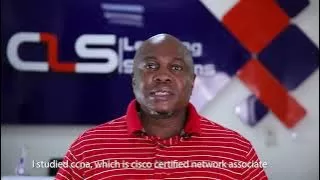
Akadiri Felix Olaolu

Ahmed Salah

Amr Mostafa

Ndobu Kikachukwu Kennedy

Mohamed Atef
Why Learn from CLS?
Years of Experience
Since 1995, we’ve been a trusted training partner, helping individuals and organizations achieve their goals.
Expert Instructors
Learn from with top experts in the industry guranteed and get career assistance and coaching.
Hands-On Learning
Our courses are designed with real-world projects and practical applications.
What you will learn in this career path?
- Linux Basics:
Overview of popular Linux distributions, command line navigation, file system structure, process management, and permissions. Includes guided exercises for file manipulation, process monitoring, and command‑line tasks. - Application Basics:
An introduction to application components, the software development lifecycle, and basic application architecture with interactive exercises examining common scenarios. - Networking Basics:
Fundamentals of IP addressing, network protocols (TCP/IP, DNS), and basic troubleshooting, accompanied by virtual labs to configure network settings and resolve connectivity issues. - Web Servers Basics:
Core concepts of web server architecture, an overview of common web server software (e.g., Apache, Nginx), and practical configuration and testing of HTTP requests. - YAML:
Introduction to YAML syntax and structure, with practical tasks to create and edit configuration files used in automation.
- Establish a foundational understanding of essential operating systems, networking, and web technologies.
- Equip students with practical command‑line skills and troubleshooting techniques.
- Prepare learners for the configuration management aspects of DevOps by mastering YAML fundamentals.
- Develop confidence in basic IT concepts that support more advanced DevOps practices.
- Understanding DevOps:
Explore the business drivers and benefits of DevOps, examine its core principles, and discuss why organizations adopt DevOps methodologies. - Agile and DevOps Integration:
Study the relationship between agile practices and DevOps, including real‑world case studies and interactive agile sprint planning exercises. - DevOps Lifecycle & Delivery Pipeline:
Analyze the stages from development through production, including feedback loops and the overall delivery pipeline. Students map out a sample pipeline using diagramming tools. - Market Trends and Ecosystem:
Review current industry trends, emerging tools, and real‑world DevOps use cases through group activities and research presentations. - Virtualization & Cloud Computing:
Introduction to virtualization concepts (including VMs and containers) and an overview of cloud service models, with labs using virtual environments and cloud demos.
- Develop a comprehensive understanding of the cultural, technical, and business aspects of DevOps.
- Learn to design and map end‑to‑end delivery pipelines that improve collaboration and productivity.
- Gain insight into current market trends, emerging tools, and best practices in the DevOps ecosystem.
- Prepare for advanced topics by building a strong foundation in virtualization and cloud computing concepts.
- Version Control Fundamentals:
Understand the evolution of version control, comparing central and distributed systems through practical exercises using local repositories. - Introduction to Git:
Cover core Git concepts such as commits, branches, and merges, supported by hands‑on labs to initialize repositories and manage branches. - Advanced Git Workflows:
Delve into essential Git commands (branching, merging, stashing, rebasing, reverting, and resetting) through scenario‑based tasks that simulate real‑world development challenges. - Collaborating with GitHub:
Learn how to set up remote repositories, use pull requests, and follow collaboration best practices, with exercises that encourage team collaboration on projects.
- Master Git fundamentals and advanced workflows to manage source code effectively.
- Build skills in using GitHub for collaborative software development.
- Prepare for real‑world development challenges by solving merge conflicts and maintaining clean commit histories.
- Enable smooth integration of version control into larger DevOps pipelines.
- Build Automation Overview:
Examine the importance of automating software builds and an overview of various build tools. - Introduction to Maven:
Study Maven’s architecture, dependency management, and project lifecycle with practical exercises creating a Maven project, editing POM files, and running builds. - Maven Customization:
Learn to configure Maven plugins and archetypes to customize the build process, including hands‑on exercises integrating plugins into sample projects. - Integration with Source Control:
Discover how build tools integrate with version control systems to trigger automated builds through practical setup exercises.
- Understand the role of build automation in modern software development.
- Gain hands‑on experience with Maven to streamline project builds and dependency management.
- Develop the ability to integrate build tools with version control for continuous development.
- Enhance productivity by automating repetitive build tasks and ensuring consistent project configurations.
- Fundamentals of Configuration Management:
Explore the benefits of automation in maintaining consistent system configurations across environments. - Getting Started with Ansible:
Learn about Ansible’s architecture, installation procedures, and core components through guided setup exercises. - Creating Ansible Playbooks:
Practice writing YAML‑based playbooks incorporating variables, loops, and conditionals; labs include writing, testing, and debugging sample playbooks. - Working with Ansible Modules:
Discover common modules for automating system tasks such as package installations and service management through practical exercises. - Advanced Ansible Techniques:
Study dynamic inventories, roles, and how to leverage Ansible Galaxy for reusable content, applying these techniques to complex projects.
- Build proficiency in automating system configurations using Ansible.
- Write and troubleshoot playbooks to manage environments effectively.
- Understand and apply advanced Ansible techniques to scale automation efforts.
- Develop a robust skillset to streamline and maintain consistent configurations across diverse systems.
- Understanding Containers vs. VMs:
Compare and contrast containerization and virtualization with exercises to set up both environments. - Docker Fundamentals:
Explore Docker’s architecture, including images, containers, and registries. Students install Docker, pull images, and run containers in guided labs. - Creating Docker Images:
Learn to write Dockerfiles, build custom images, and optimize them through iterative hands‑on projects. - Managing Multi‑Container Applications with Docker Compose:
Understand how to write and configure Docker Compose files to manage multiple containers, including configuring networks, volumes, and environment variables. - Best Practices in Containerization:
Study security, performance, and maintenance strategies for container environments, applying best practices through practical scenarios.
- Develop a thorough understanding of containerization as a key component of modern DevOps.
- Gain hands‑on experience with Docker for building, managing, and deploying containers.
- Master Docker Compose to orchestrate multi‑container applications efficiently.
- Apply industry best practices to secure and optimize containerized environments.
- Foundations of Continuous Integration:
Learn the critical role of CI in development and gain an overview of Jenkins architecture, installation, and basic configuration. - Jenkins Pipelines as Code:
Study declarative pipelines using Jenkinsfiles, including syntax, structure, and versioning. Practical exercises involve writing and executing sample Jenkinsfiles. - Integrating with Source Control:
Explore how Jenkins integrates with Git/GitHub, triggering builds on commits, and managing webhooks through guided lab setups. - Automated Testing and Code Quality:
Incorporate testing frameworks and code quality tools (such as SonarQube) into the CI pipeline. Exercises include integrating automated tests and quality scans. - Artifact Management and Extended Integration:
Learn to manage build artifacts using repositories like Nexus or Artifactory and explore the Jenkins plugin ecosystem for extended functionality. - Security and Scalability Best Practices:
Examine methods to secure Jenkins installations and scale CI processes with distributed builds, with practical demonstrations of security configurations.
- Achieve comprehensive mastery of continuous integration using Jenkins.
- Develop skills to create, manage, and optimize robust CI pipelines.
- Integrate source control, automated testing, and artifact management into an efficient development workflow.
- Prepare to implement secure and scalable CI environments in production settings.
- Core Kubernetes Concepts:
Study the architecture of Kubernetes, including pods, nodes, deployments, and services with interactive labs to create basic clusters. - Cluster Installation and Setup:
Learn to install Kubernetes using kubeadm and explore managed Kubernetes services, with step‑by‑step guided cluster setup exercises. - Managing Workloads:
Practice creating pods, deployments, and services using YAML files. Labs focus on scaling workloads and managing ReplicaSets and rolling updates. - Advanced Kubernetes Topics:
Explore Helm for package management, configure networking with Ingress controllers, and examine load balancing techniques through hands‑on exercises. - Extending Kubernetes Functionality:
Introduce custom resource definitions (CRDs) and operators, with labs to deploy and manage a custom operator. - Security and Best Practices:
Learn about role‑based access control (RBAC), secrets management, and resource quotas; practical labs focus on securing a Kubernetes cluster.
- Develop in‑depth knowledge of container orchestration using Kubernetes.
- Gain practical experience in deploying, scaling, and managing containerized applications.
- Learn to extend Kubernetes functionality with advanced tools and techniques.
- Acquire the skills necessary to secure and maintain production‑grade Kubernetes clusters.
- Monitoring Fundamentals:
Understand the importance of monitoring, metrics, logs, and traces in a modern IT environment, supported by practical dashboard setup exercises. - Introduction to Prometheus:
Study the architecture and data model of Prometheus, and learn its configuration along with basic PromQL queries through guided installations. - Advanced Querying and Alerting:
Craft advanced queries using PromQL, set up alert rules, and configure notifications through hands‑on labs. - Dashboarding with Grafana:
Integrate Prometheus with Grafana and design custom dashboards to visualize performance metrics. - Monitoring Integration and Troubleshooting:
Explore best practices for monitoring containerized and cloud-based applications, with simulated scenarios to diagnose and resolve issues.
- Build the skills to design and implement an effective monitoring strategy using Prometheus and Grafana.
- Gain practical experience in querying, alerting, and troubleshooting in real‑time.
- Learn to visualize and interpret performance data to proactively manage systems.
- Prepare to integrate monitoring solutions into larger DevOps workflows for continuous improvement.
- Project Kickoff & Planning:
Understand the complete DevOps lifecycle from code commit to production deployment; engage in group discussions and planning sessions. - Tool Integration and Workflow Setup:
Integrate Docker, Jenkins, Ansible, and Git into a unified environment. Guided exercises focus on setting up an end‑to‑end CI/CD pipeline. - Development, Testing, and Automation:
Automate build, test, and deployment processes, and iterate on application updates through hands‑on labs. - End‑to‑End Deployment:
Deploy a fully integrated, real‑world application simulating a production rollout, including final system testing and performance analysis. - Project Review and Optimization:
Conduct peer reviews, analyze project performance, and identify areas for improvement through guided reflection and feedback sessions.
- Integrate and apply all acquired skills in a comprehensive, hands‑on project.
- Demonstrate end‑to‑end proficiency in orchestrating the complete DevOps lifecycle.
- Build a portfolio project that highlights real‑world application deployment and management skills.
- Enhance problem‑solving and optimization techniques through practical, project‑based learning.
- Cloud Deployment Models:
Study public, private, and hybrid cloud models with case studies analyzing real‑world deployment strategies. - Benefits of AWS Cloud:
Explore AWS Cloud’s advantages—including security, reliability, high availability, elasticity, agility, and cost‑effectiveness—through interactive demonstrations and cost analysis exercises. - Core AWS Services:
Get an overview of AWS compute, storage, and networking services; participate in labs deploying simple AWS services. - Real‑World Case Studies:
Analyze successful AWS implementations and discuss their impact on enterprise IT infrastructures.
- Understand the foundational concepts of cloud computing through the lens of AWS.
- Recognize the strategic benefits and cost efficiencies provided by the AWS Cloud.
- Gain practical exposure to core AWS services and deployment models.
- Develop the skills necessary to transition into cloud‑centric roles.
- Core Design Principles:
Learn best practices for building scalable, resilient, and cost‑effective cloud architectures through the analysis of sample designs. - Design for Failure and Decoupling:
Examine strategies for fault tolerance, disaster recovery, and decoupled system design with scenario‑based exercises. - Elasticity and Shared Responsibility:
Explore methods to implement dynamic scaling in the cloud, and understand the shared responsibility model between AWS and its customers through interactive labs. - AWS-Specific Services:
Review services such as AWS ECR, Fargate, and Lambda, and complete hands‑on labs deploying serverless and containerized applications.
- Master the principles of designing robust and scalable cloud architectures.
- Develop the ability to design systems that are resilient to failure and optimized for dynamic resource allocation.
- Gain practical insights into AWS-specific architectural patterns and best practices.
- Prepare to design cloud solutions that meet modern enterprise requirements.
- Introduction to Infrastructure as Code (IaC):
Understand the benefits of managing infrastructure through code, with discussions comparing Terraform to other automation tools. - Terraform Fundamentals:
Study the Terraform workflow including initialization, planning, and execution; practice writing and managing configuration files. - Practical Terraform Application:
Engage in labs to create and execute Terraform plans, visualize resource graphs, and manage changes in a controlled environment. - Advanced Terraform Concepts:
Learn to manage state files, handle resource dependencies, and automate infrastructure changes through real‑world exercises.
- Build a deep understanding of IaC principles using Terraform.
- Develop the skills to plan, deploy, and manage cloud infrastructure reliably.
- Gain hands‑on experience in automating infrastructure provisioning and updates.
- Prepare to implement robust, version‑controlled infrastructure in enterprise environments.
- Understanding Resource Graphs:
Explore how Terraform visualizes resource dependencies, with exercises to analyze and map dependencies in sample configurations. - Deploying Infrastructure Changes:
Learn techniques for previewing configuration changes, executing updates, and managing state through guided labs. - Configuring Backends:
Study the configuration of remote state management using AWS S3 and DynamoDB, with practical sessions to set up a backend for team collaboration. - Best Practices in State Management:
Discuss strategies to ensure consistency and reliability in infrastructure deployments through real‑world scenarios.
- Master the management of resource dependencies using Terraform.
- Develop the ability to safely deploy and update infrastructure with minimal risk.
- Learn best practices for remote state management and backend configuration.
- Gain practical skills to ensure reliable, predictable infrastructure updates in collaborative environments.
- Prior experience in programming or IT (development or system administration)
- Fundamental knowledge of networking concepts
- Basic command-line usage and Linux exposure
- Willingness to learn and adopt new DevOps practices
Boost your career with our certification
Earn the DevOps, SRE, and Cloud Engineer Certificate to demonstrate hands‑on expertise in Linux, scripting, CI/CD, Ansible, Docker, Kubernetes, AWS, Prometheus, Grafana, and Terraform. Validate your skills to design, deploy, and manage scalable, secure IT infrastructures in today’s digital landscape.

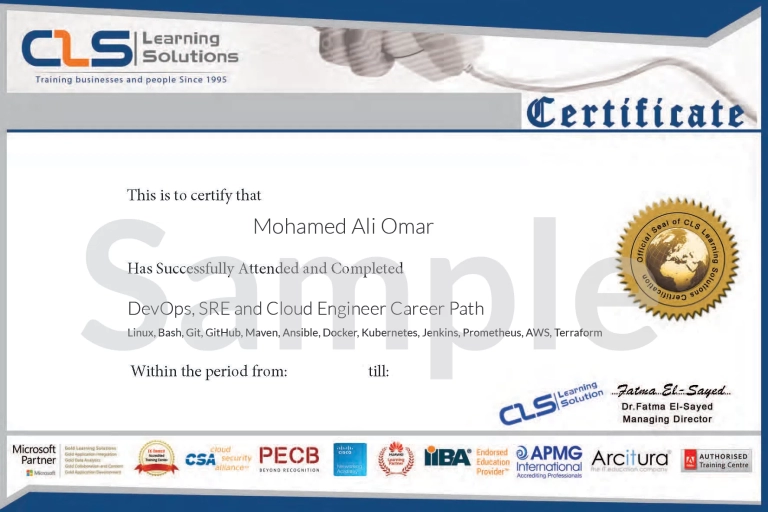
What Learners Are Saying

Abdelrahman Ahmed

Michael Fahmy

Mohamed Mekkawy

Mohamed Samir

Mohamed Abdel aziz

Mohand Khaled

Vivian Fayez

Nada Osman

Samer Eltawansy

Amr Azab

Inaam Badawi

Muhammad Amjad Karara

Mahmoud Ibrahim

Areej Sofy

Mohamed Saeed

Alyaa Gaber

Aziza moatz

Hisham Ibrahim
Ahmed ElGhobashy

Ahmed Mostafa Mahmoud

Mohamed Aldremly

Ahmed Elkomy

Mohamed Taha

Mohamed Hassan

Sama Aly

Ahmed Nehro
Training Locations
Our classrooms in provide an in-person learning experience with direct interaction with instructors,These locations are equipped with modern facilities that support collaboration, practical training, and focused attention
Cairo Branch
- 5 Mesaha Square , Dokki - Cairo
Giza Branch
- 5 Mesaha Square , Dokki - Cairo
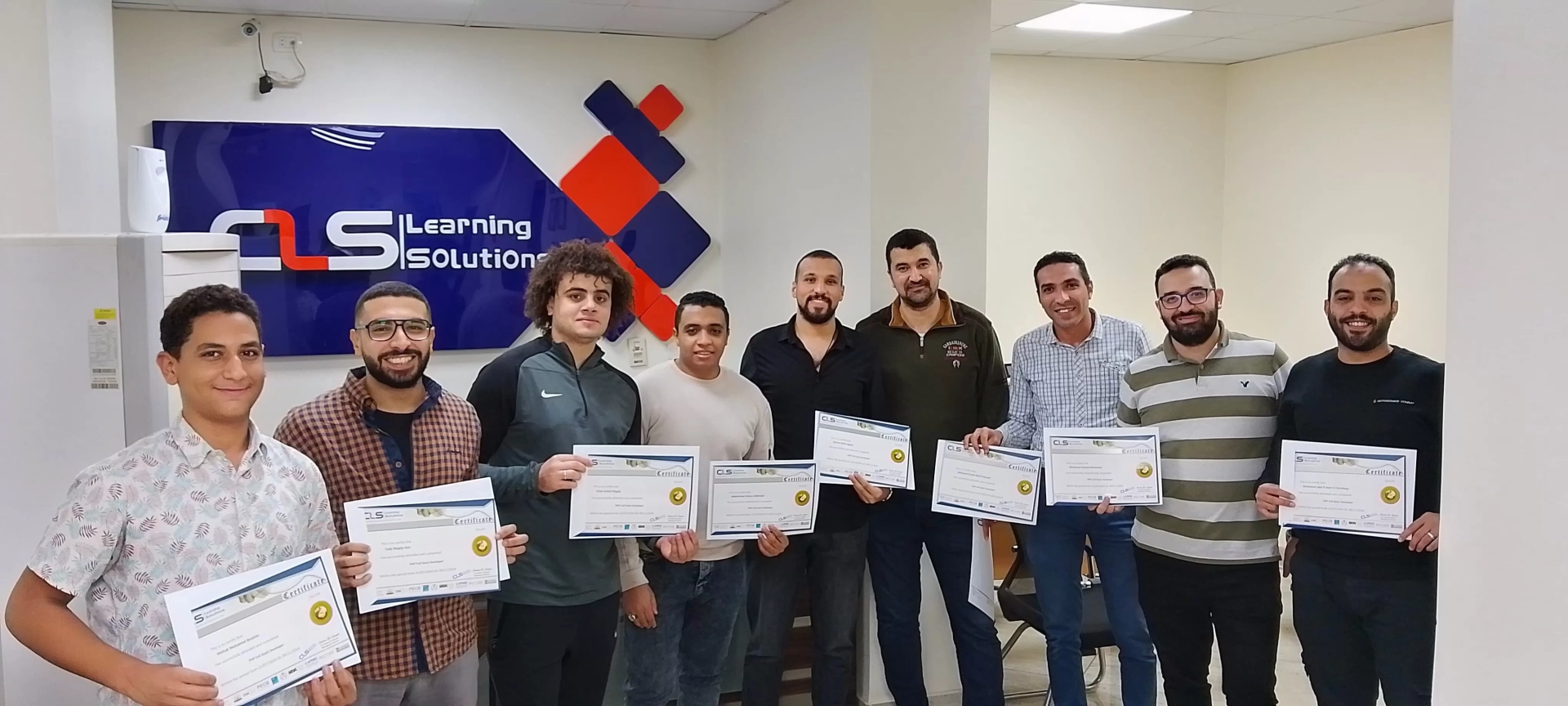

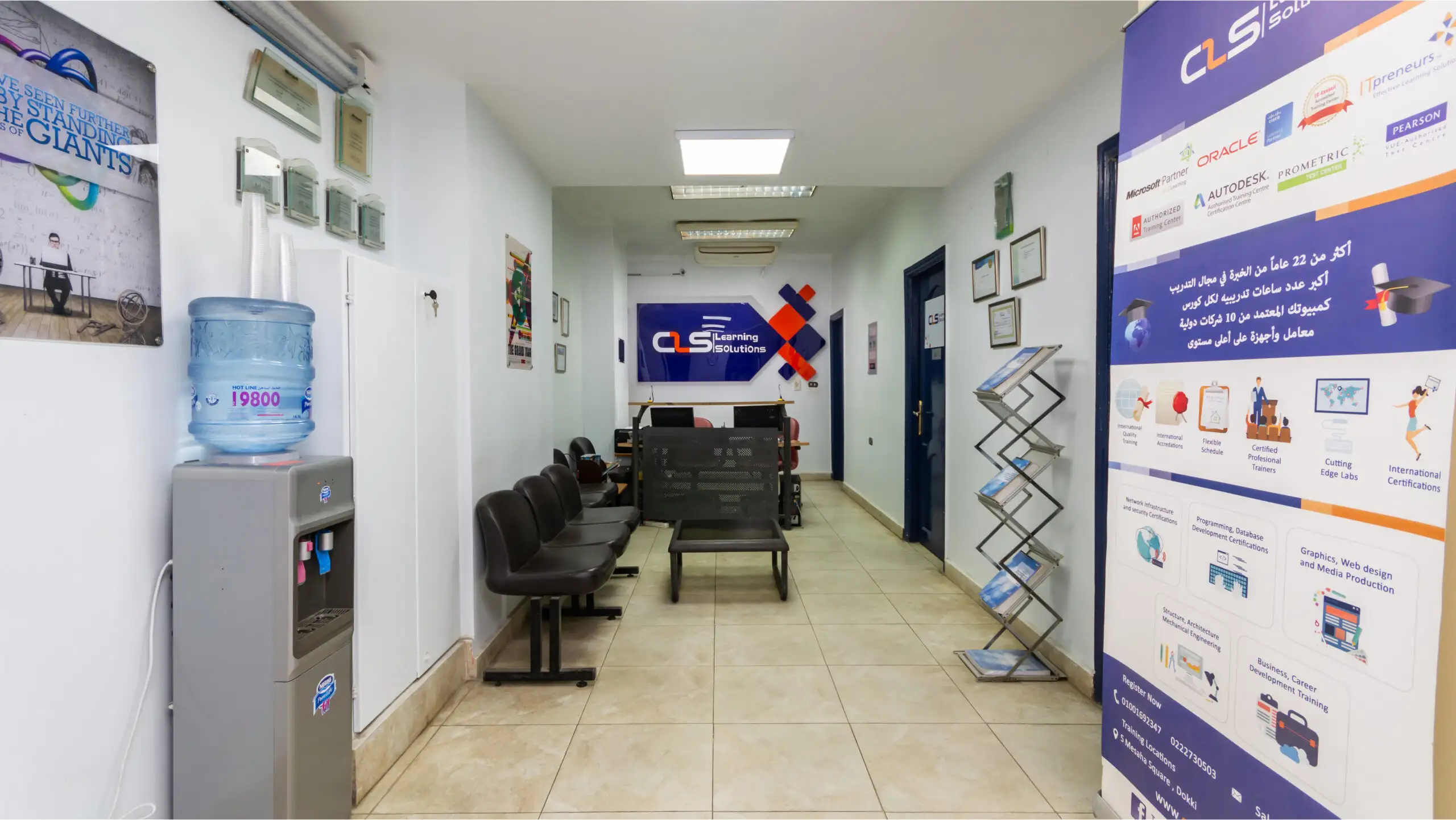
We offer two tailored virtual training formats, the Self-Paced Training to Enjoy the freedom to study anytime, anywhere and the Virtual Interactive Instructor-Led Training with flexible sessions that connect you with expert instructors in real time
Virtual Instructor-Led Training
- Live, at Programmable Hours
Self-Paced Training
- Learn Anytime, Anywhere!



We offer on-site training at your company’s premises. Tailored to your business needs, these sessions allow employees to learn without leaving the workplace.
Our expert instructors will deliver courses designed to enhance skills and drive performance, all in a familiar and comfortable environment.
- At your company’s premises


The CLS Learning Solution Advantage
Experience
We have been in the market since 1995, and we kept accumulating experience in the training business, and providing training for more than 200,000 trainees ever since, in Egypt, and the MENA region.
Premium Facilities
CLS facilities are well-equipped with strong hardware and software technologies that aid both students and trainers lead very effective smooth training programs.
Customer Support
We provide our clients with the best solutions, customized to their specific needs and goals. Our team is highly qualified to answer whatever questions you have.
Global Accredited
CLS is an authorized and accredited partner by technology leaders. This means that our training programs are of the highest quality source materials.
Up To Date
We keep tabs on every change in the market and the technology field, so our training programs will always be updated up to the World-class latest standards, and adapted to the global shape-shifting job market.
Certified Instructors
We select the best instructors, who are certified from trustworthy international vendors. They share their professional experience with the Trainees, so they can have a clear hands-on experience.
10% OFF For Limited Time
© 2025 - CLS Learning - Solutions | All Rights Reserved.



